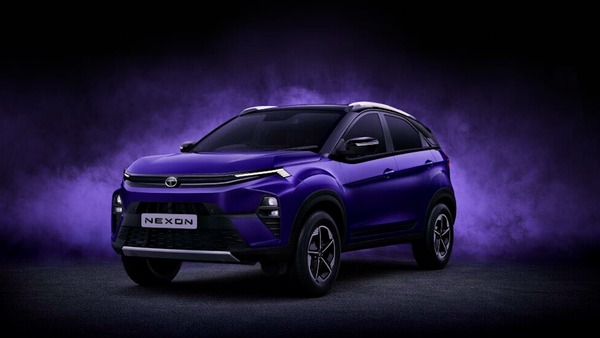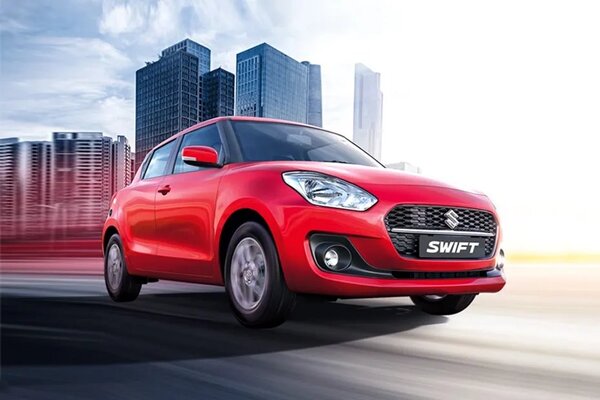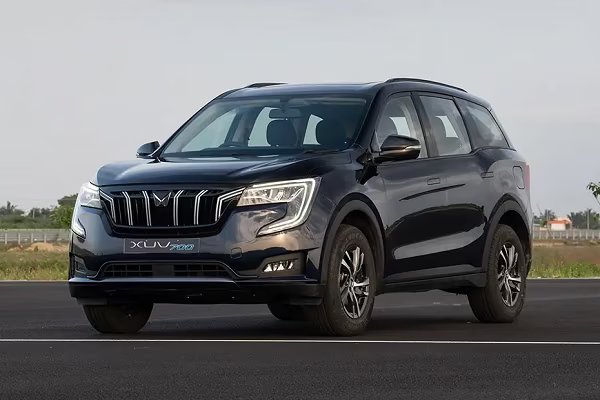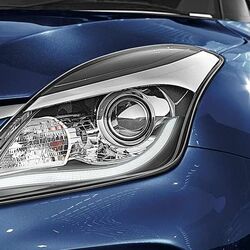How not to drive a diesel car: Five key tips
- Diesel cars come with a particular set of guidelines, which should be followed to keep them in good shape.


Despite the tightening emission norms and overall anti-diesel sentiment around the world, diesel cars are still popular in India, especially when it comes to buying a larger car rather than a small hatchback or a compact sedan or a compact SUV. Over the last few years, especially since the implementation of the BS6 emission norms, several automakers have increasingly removed diesel products from their portfolios, citing the significantly higher production cost as the reason.
The axing of diesel cars majorly impacted Maruti Suzuki and Hyundai, which are the two most popular brands in India when it comes to selling small cars. However, despite the axing of a large number of diesel cars across brands over the last few years, the automakers still find a large chunk of takers for diesel vehicles, especially in the SUV segment.
Trending Cars
Also Read : How not to drive an automatic car: Key tips
Considering that, and if you are planning to own a diesel vehicle in the coming days, here are five key tips to follow about how not to drive a diesel car.
Don't drive on low fuel
Driving on low fuel is a strict no, be it for a petrol car or a diesel one. Diesel acts as a lubricant for several critical components of the engine. When the fuel level drops in the tank, the fuel pump may draw air into the combustion chamber instead of diesel, which increases friction and damages the internal components of the powertrain. Also, while driving on low fuel, there is a higher chance of the slug at the bottom of the tank being sucked into the combustion chamber, damaging the engine. Driving on low fuel also puts pressure on the fuel pump, potentially risking damage. Hence, always drive with an adequate level of fuel in the tank.
Don't cold rev the engine
This is a common practice for all cars, be it petrol or diesel. After starting the engine, allow some time to warm it up. Allowing some time for the engine to be warmed up will help the powertrain remain in shape for a longer period and deliver better performance. Cold revving means when you start revving the engine immediately after starting it. Cold revving can damage the power mill as when in static mode, the oil is thicker, and the lubrication is low. This could increase the risk of premature wearing out of the critical components such as the pistons, piston rings, valves and cylinders.
Avoid driving in high gear at low rpm
Driving at low rpm in high gear is called lugging, and this could cause severe damage to the engine and transmission of your car. Doing so puts tremendous pressure on the engine and could cause premature wear and tear to its critical components. It impacts the performance and longevity of the car as well. Always drive within the OEM recommended rpm range for your car. Shift down and up as and when required to fetch smooth and optimum driving performance from the vehicle.
Keep DPF clean
DPF, or Diesel Particulate Filter, is a critical component found in diesel vehicles. This component traps and reduces the harmful emission elements from your vehicle into the environment. This should be kept clean with regular service and maintenance. The DPF can get clogged with soot and particulate matter, leading to power, performance and efficiency loss. This can impact the engine in the long run. Hence, periodic inspection and cleaning of the DPF are necessary to keep the diesel car in shape.
Don't ignore exhaust smoke
Spotting a diesel car with black smoke coming out of its exhaust is a common sight. Many drivers ignore this sign, but that could be troublesome for your vehicle in the long run. Smoke coming out of the exhaust is a sign that there is something troubling the powertrain. It is common for vehicles to emit some smoke during cold weather conditions, which is generally vapour and not essentially smoke. However, in normal weather conditions, smoke coming out of the exhaust means there is something off with your engine. Dark smoke from exhaust means excessive fuel consumption or faulty injector, or engine-related issues. White smoke indicates coolant leakage, while blue smoke hints at oil burning.
Don't drive on low fuel
Don't cold rev the engine
Avoid driving in high gear at low rpm
Keep Diesel Particulate Filter clean
Don't ignore exhaust smoke








 1497 cc
1497 cc Multiple
Multiple



















